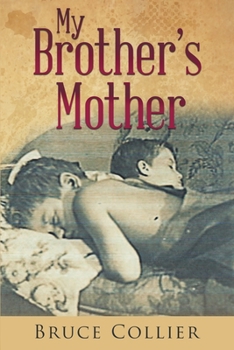My Brother's Mother
It has been many years since I finished My Brother's Mother. I let my doctor read it; he was shocked that I never tried to get it published. He said, "It could help change the way alcoholics and the children and loved ones of alcoholics view their complex relationships." I answered: "When I wrote it, I was dealing with some horrible memories, but after Mom's death, the memories softened, and I no longer feel the need to reveal her life and how difficult my brother and my life's were. . . . What do I have to gain?" "Maybe nothing," he answered. "But think of all the children, wives and husbands your story could help, those who live in dysfunctional families and those who seek help and direction by attending Alanon and AA meetings." He went on to say, "But, more important, think of all the people who blame their alcoholic mother or father for the problems in their life. You have shown that blaming the alcoholic, and others, is only a distraction, not a reason to prevent a person from pursuing his or her own life dreams. Your story explains how you dealt with the many setbacks in your life." He continued, "You clearly show that we should not allow family, wives, husbands, co-workers, friends, and even children ruin the chance we have to live successful, happy lives."
Bruce was twelve when his father died in a fiery automobile accident. A toolbox full of great tools and memories where all Bruce had to start a career. Like his father, he became a successful boat builder and designer, while at the same time raising five successful sons. He only began documenting his life after reading his great-grandfather's Autobiography.





